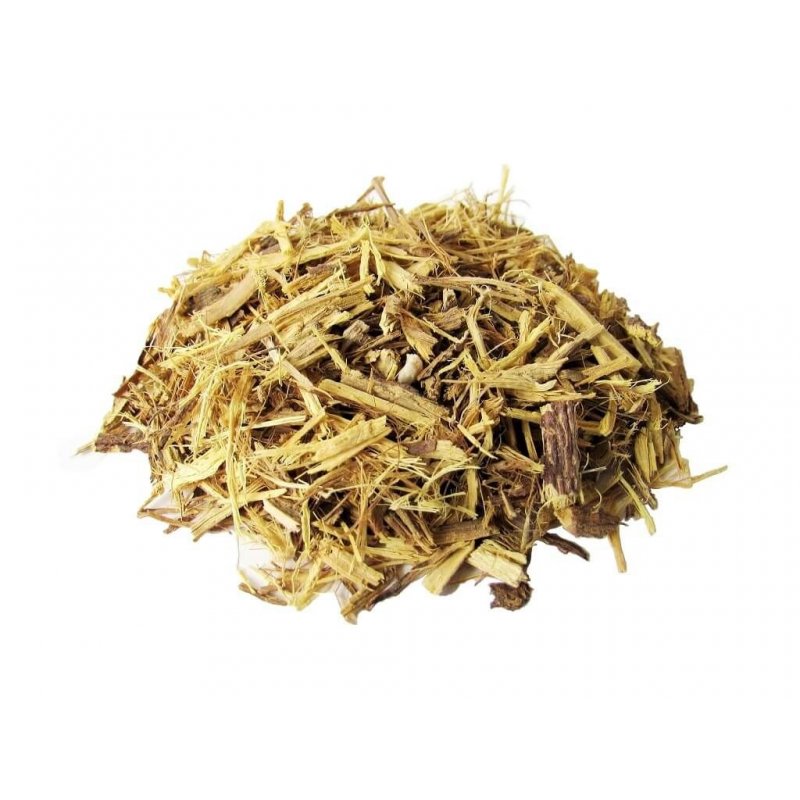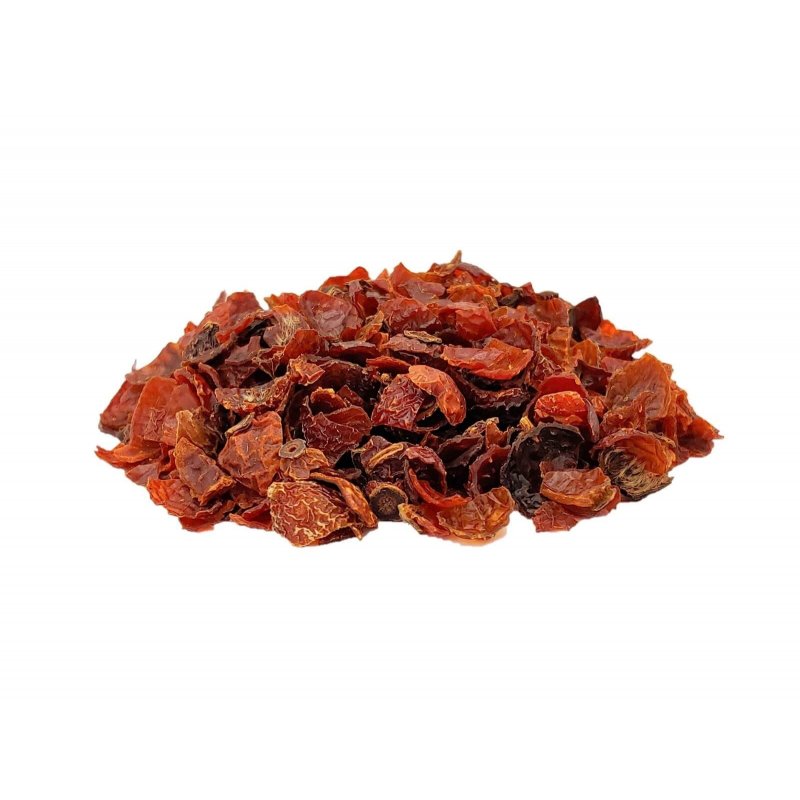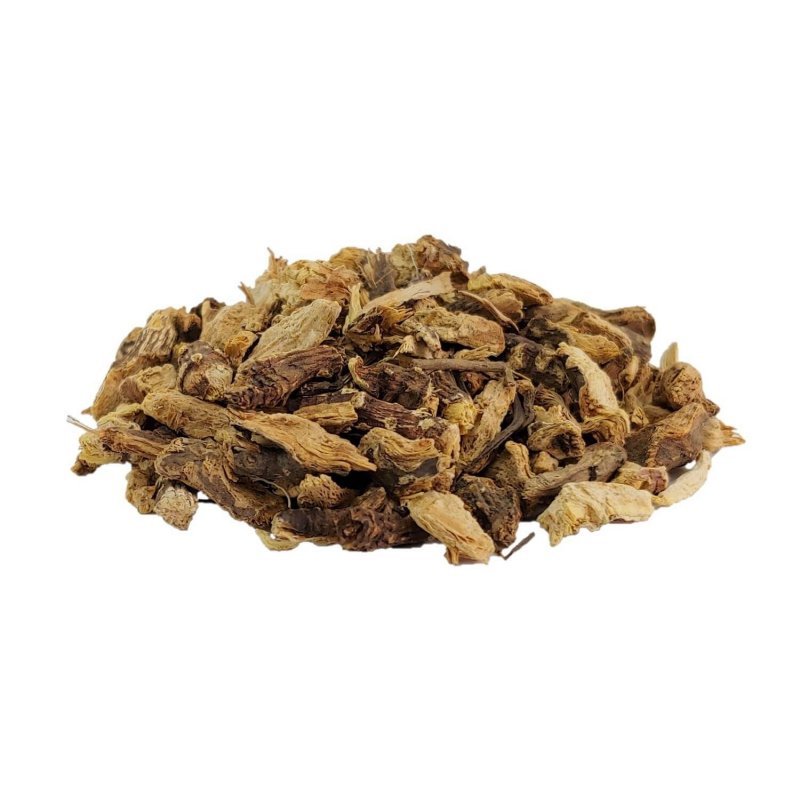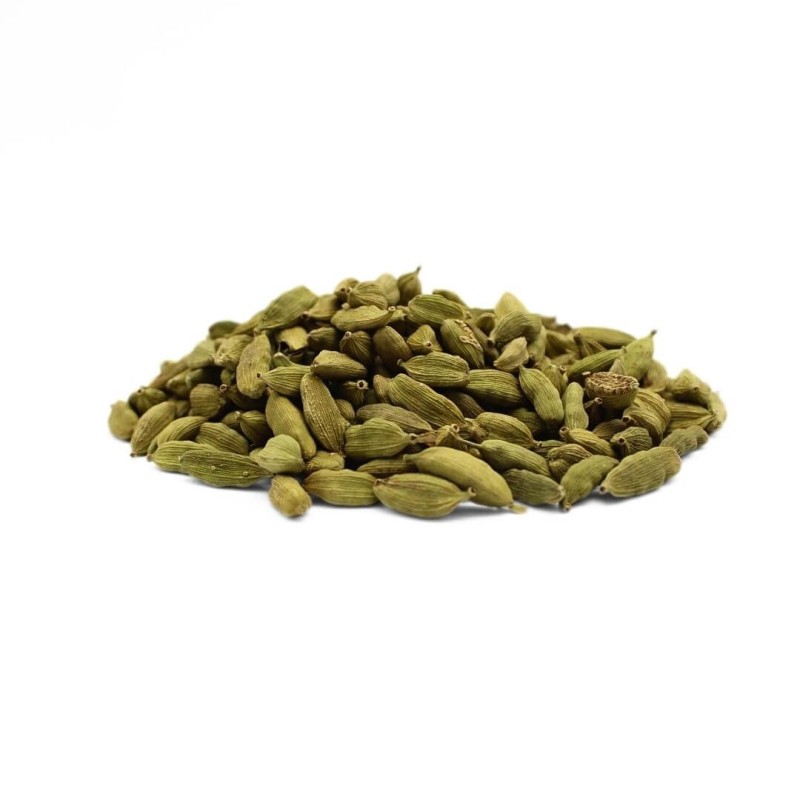Elderflower Herbal Tea (Sambucus nigra L)
Flu | Cough | Sinusitis

Fast delivery worldwide
Sent by: DHL, DPD, UPS, MRW, CTT
Elderflower Herbal Tea
Elderberry, the scientific name of which is Sambucus nigra L., also known as black elderberry, is a shrub with white flowers and black berries that is very common in Europe. Elderflower tea is known in folk medicine for its antiseptic, anti-inflammatory and healing properties, as well as for increasing urinary flow. Elderflower can also help treat skin and mucous membrane lesions, as well as prevent and treat colds, flu, sinusitis, measles, chickenpox and gouty arthritis.
Ingredients: 100% Elderberry, Flower (Sambucus nigra L)
Curiosities:
In medieval times, it was believed that witches could transform themselves into elderberry trees. Elderberry trees were also said to protect against black magic and evil spirits. In traditional Chinese medicine, rheumatism is sometimes treated with elderberry dissolved in wine.
Elderflower: what is it good for?
Helps the Immune System - Because it is rich in antioxidants, Elderflower can help strengthen the immune system by treating colds and flu, reducing oxidative stress and neutralising free radicals.
Anti-inflammatory properties - Being rich in anthocyanins, elderflower can act as an anti-inflammatory and help treat arthritis or muscle pain.
Antioxidants - As a plant rich in antioxidants such as quercetin, anthocyanins and vitamin C, it can help fight free radicals and prevent cell damage and ageing. Some studies show that elderberry is one of the most powerful antioxidants among 15 varieties of berries and even wine.
Helps Control Diabetes - Some studies show that Elderflower can inhibit the alpha-glucosidase enzyme, thus improving insulin sensitivity as well as blood glucose control.
Elderflower tea
Preparation:
Water temperature: 100º.
Infusion time: 5 to 10 minutes.
Recommended amount: 4 tablespoons of this plant in a litre of water (1L).
Dosage: 3 to 4 cups a day, outside of meals.
Warnings: Consumption of this plant should be avoided by pregnant women or infants, as well as anyone with hypersensitivity to the plant's active ingredients.
Legal notice
- The information provided on this page is for information purposes only, as it is based on the collection of various sources of information, such as studies and traditional uses of medicinal plants.
- Please note that this information does not replace the diagnosis, treatment or advice of a health professional.
- Before starting to use any medicinal plant, please consult a doctor, herbalist, naturopath, pharmacist or any other qualified specialist to ensure its safety and efficacy.
NOTE: The image presented is only a suggestion of presentation, being that the cut typology and dimensions of the plant can vary in the supply or season of the year, maintaining all the quality, functionalities, and properties of the tea unchanged.

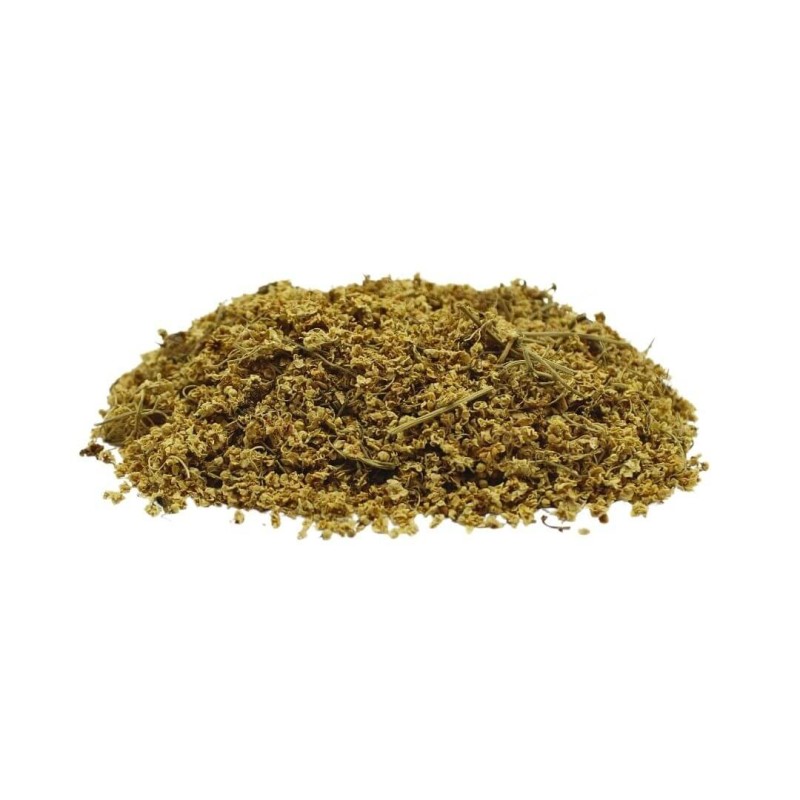




 Reviews
Reviews 
